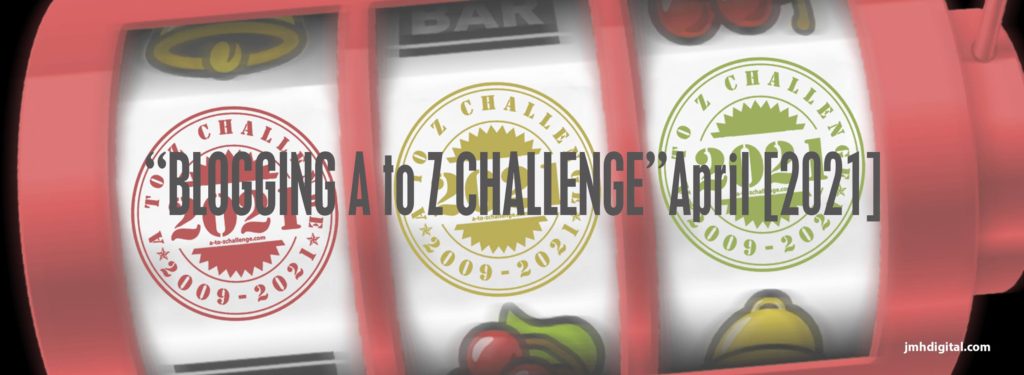
In our continuing interrogation of the dystopian future, today’s post will look at Forbidden Planet and Fahrenheit 451.
In Forbidden Planet, which is based on Shakespeare’s The Tempest, we are introduced to the Krell, who learned how to create from thoughts, which sounds pretty utopianistic, as many dystopias initially do. But there was a cost (Isn’t there always?). That power also tapped into our subconscious desires – greed, lust, hatred, envy, etc… -and acted upon them. Those desires destroyed the Krell, and subsequently did the same to the human colony that landed on the planet. The film concludes that we cannot play god. And in many ways, dystopias remind us that our penchant for playing gods always results in tragedy for individuals and society.
In Ray Bradbury’s Fahrenheit 451, books are forbidden. Fireman burn houses that have books. Not the books, the houses. It is a society that does not question and it does not think. People (thus society itself) are basically illiterate, and thus ignorant. The beauty of this book is that it has proved relevant in every decade. The story was arguably a response to the McCarthy era,when it was first published. It clear how this remains relevant today in the social media era, where attention spans struggle to complete a tiktok video let alone a novel.
Dystopias warn us, again and again, about the dangers of society’s quest toward godhood, and the equally dangerous impact of our ignorance of the world around us.

Visit the other bloggers participating on the A to Z Challenge.
It’s scary how relevant Fahrenheit 451 still is, even more so now than when it was written!
https://iainkellywriting.com/2021/04/07/the-state-trilogy-a-z-guide-f/
I agree. Same is true for 1984 for me as well. Tech offers convenience to do good and bad.
I read Fahrenheit 451when I was a kid, and I was probably too young to see all the implications. But now I’m very curious about your relating it to modern social media. Maybe it’s time to reread it 🙂
@JazzFeathers
The Old Shelter – The Great War
Social media is influencing everything, I probably now see it (and its implications) everywhere as a result.
I should really read Fahrenheit 451. It’s been on my list for a while. These posts have been really interesting. Thanks!
Stopping by from A to Z!
– Jayden Vincente
Erotic fiction author
https://jrvincente.com/a-to-z-2021/